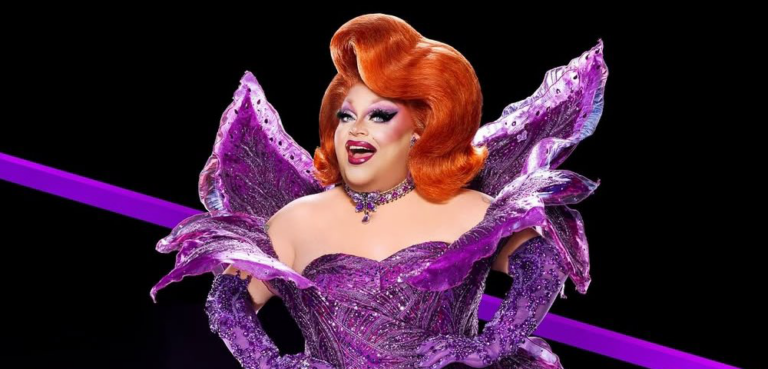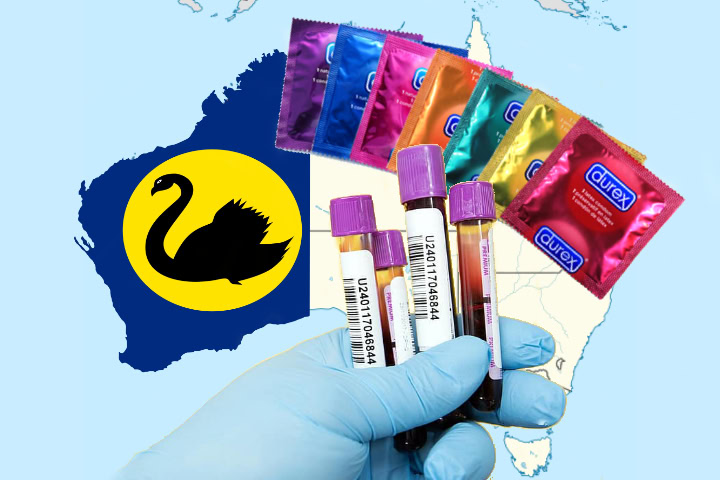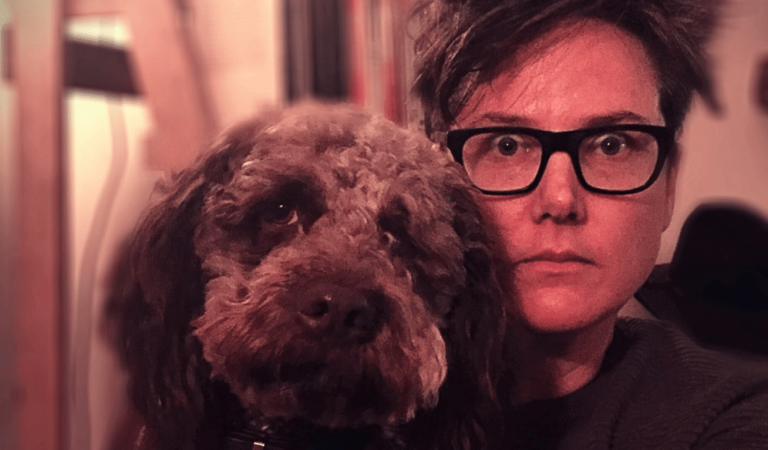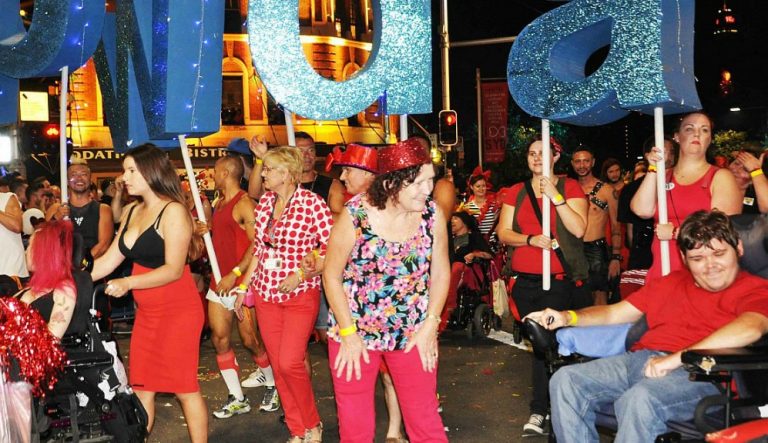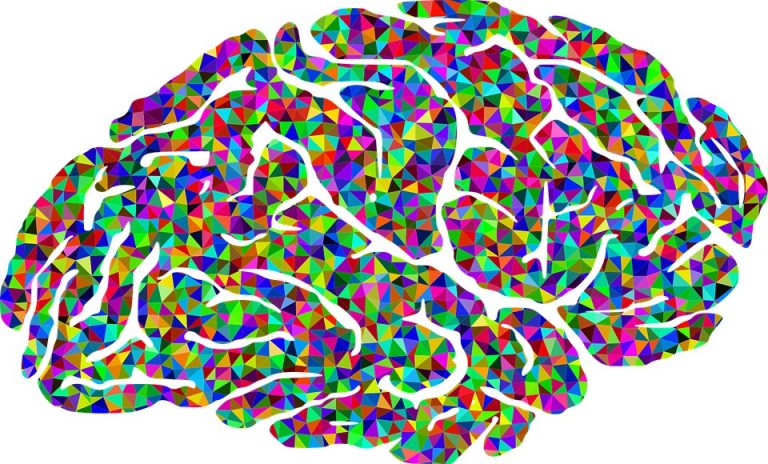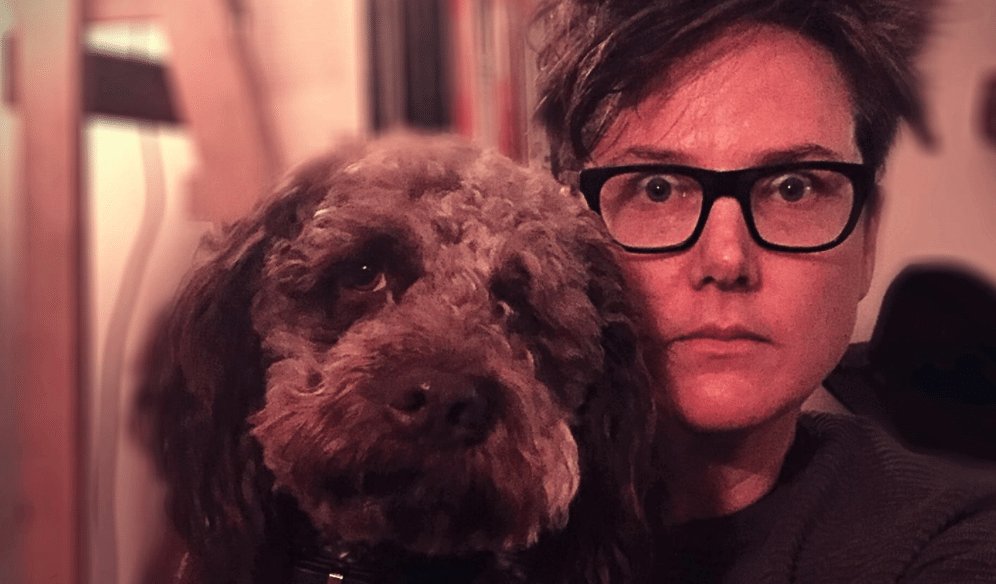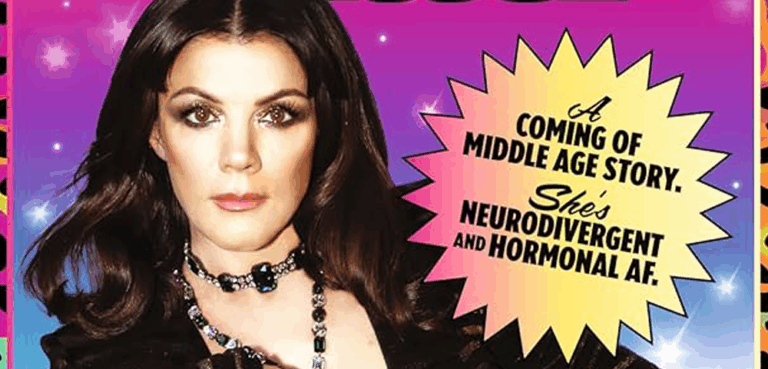
Peer Group Gives LGBTQIA+ Autistic People A Chance To “Meet People Who Understand”
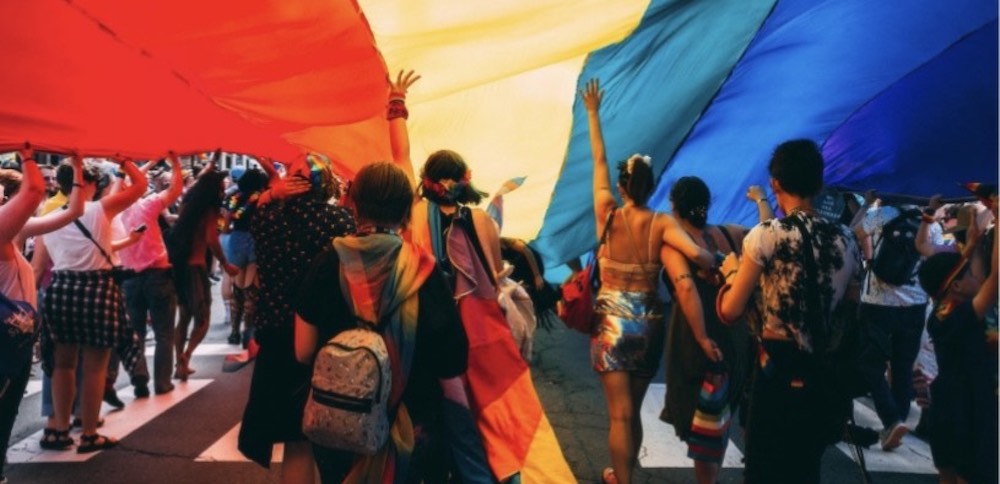
Finding a place in the LGBTQIA+ community can be difficult at the best of times, but for those who are autistic and queer, it can feel all the more daunting. It’s why communities like the Rainbow Spectrum Group, run by Aspergers Victoria, are so important to so many.
“Being part of the LGBTQIA+ community has its own set of unique challenges, as being autistic has its own set of unique challenges,” said group leader Mark Antrobus, who helps facilitate meetings.
“Bringing that unique subset together, you really have an opportunity to meet people who really do understand.”
Peer-run and community led, Aspergers Victoria strives to inspire, empower and support autistic and neurodiverse people through social connection, employment inclusion and advocacy. They’ve been providing a variety of autistic community peer support groups since 1991.
The Rainbow Spectrum Group was specifically requested by community members, and has seen significant growth since its inception.
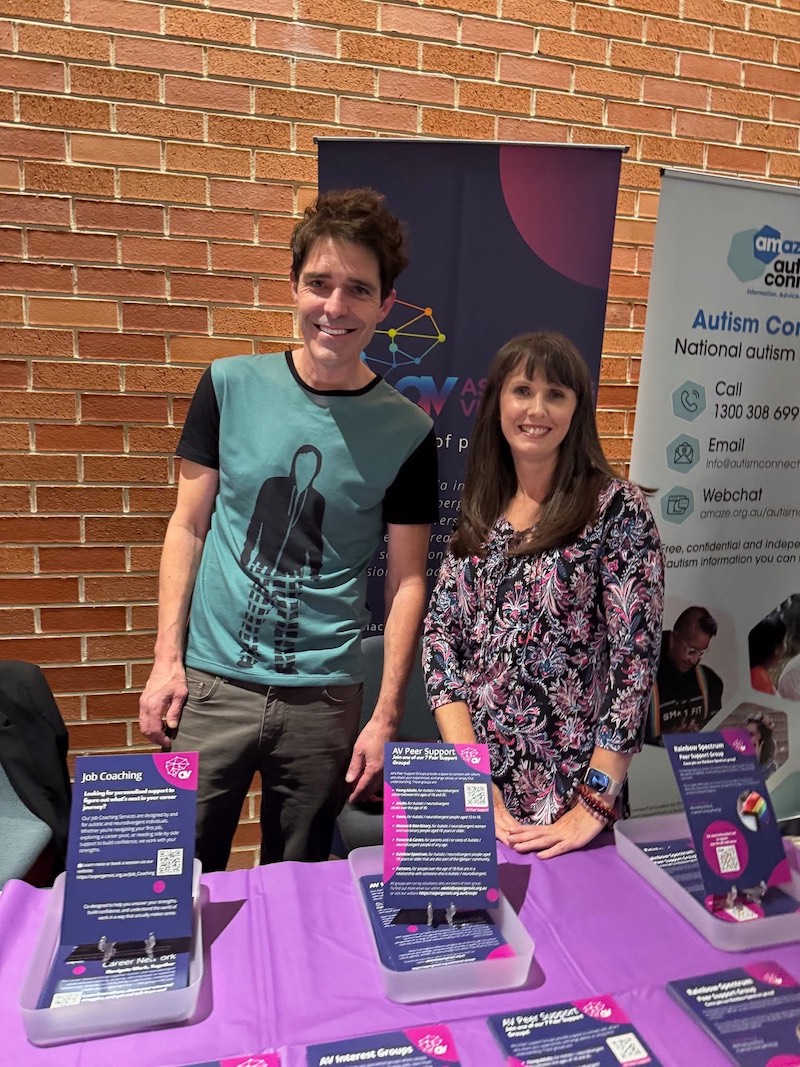
A 2021 study from Cambridge University found that autistic people are less likely to identify as heterosexual, and are more likely to identify with a diverse range of sexual orientations than non-autistic individuals.
In addition to this, autistic people face more barriers to social opportunities, with research suggesting they’re more likely to experience feelings of loneliness than non-autistic people.
Aspergers Victoria administration manager Jack Palit agrees it’s an issue that the queer, autistic community faces.
“People are always talking about how there’s a loneliness epidemic, and I think programs like this are kind of key in addressing that issue, especially for our communities.”
A chance for LGBTQIA+ autistic people to connect and make friends
The Rainbow Spectrum Group is open to adults and meets every month, alternating between in person and online meetings. Attendees are given a safe, judgement-free space, where they’re able to be involved as much or as little as they like in discussions.
“We chat, we share experiences and stories and give advice and laugh, but they are good fun,” Antrobus said.
“Just gives people the opportunity to connect and make friends.”
Antrobus knows it can be intimidating attending the group for the first time, but says it’s comforting to know that everyone else in the room had gone through their own first time experience as well.
“When there’s multiple new people coming up to a meeting on a specific night, you’re not alone, not the only one who’s going through and feeling that,” he said.
“People on our Zoom meetings can have their cameras on or off as much as they’re comfortable. There’s no pressure to be involved. [It’s] a good opportunity just to break the ice if you feel the in-person ones maybe look too overwhelming.”
Amelia Carroll, who attends the groups regularly, says they love being with other queer autistic people.
“At school, it’s quite difficult being part of both of those communities, so being able to be with people of similar communities and socialise is important to me.”
“It never ceases to amaze me that somebody sort of brings up an experience or a story that they were or, you know, just something they want to share with the group,” Antrobus said. “There’s always been someone or multiple people who have had a very, very similar experience. They’re able to get advice and also just feel and understand that they’re not alone in life.”
You can learn more about the Rainbow Spectrum Group via the Aspergers Victoria website.
